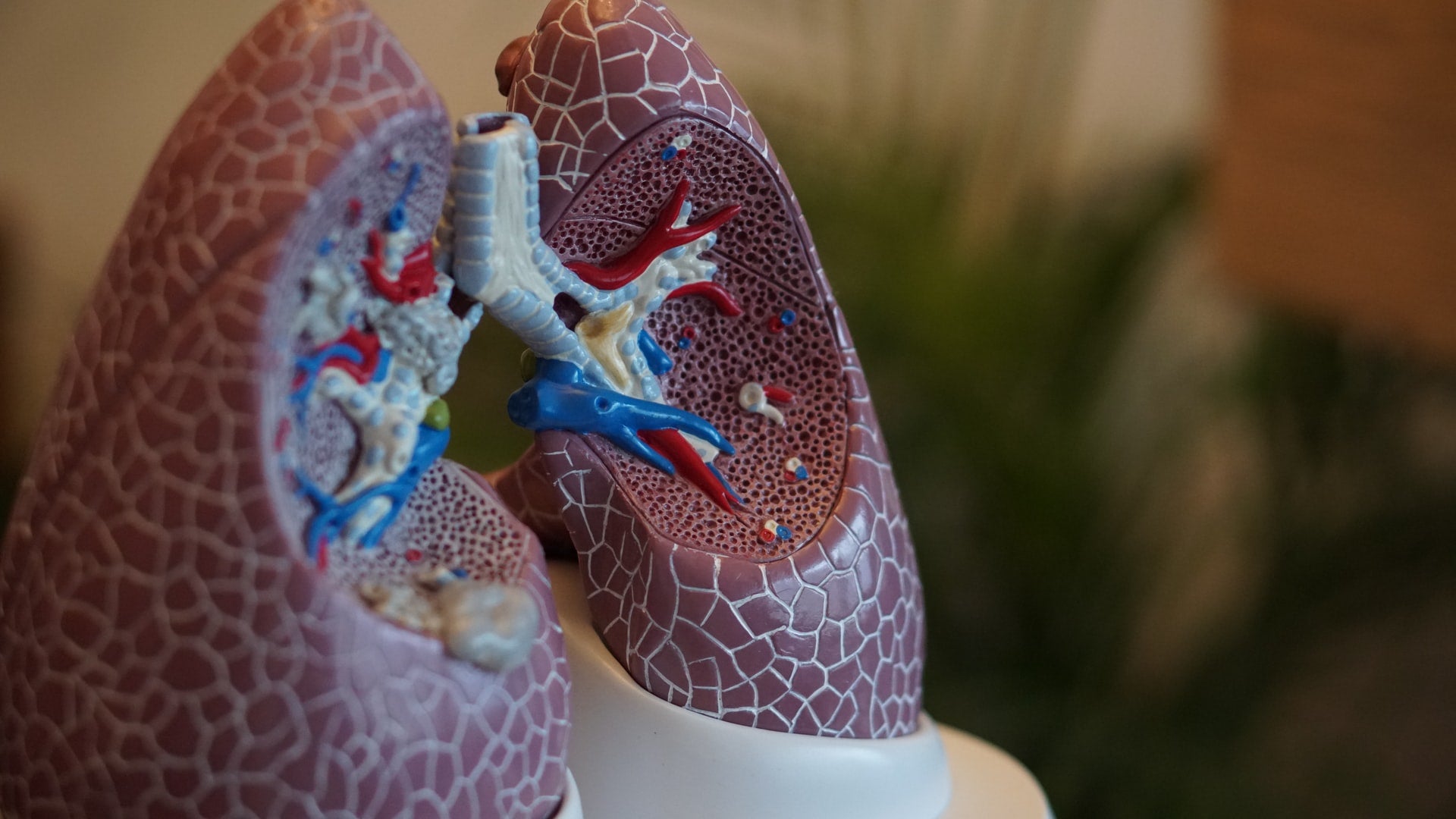
Natera has launched its Prospera lung transplant assessment test, a new addition to its transplant monitoring portfolio.
The Prospera test uses a blood sample to assess the transplant rejection risk.

Discover B2B Marketing That Performs
Combine business intelligence and editorial excellence to reach engaged professionals across 36 leading media platforms.
Its donor-derived cell-free DNA (dd-cfDNA) technology helps to provide early warning signs regarding the rejection of a transplanted organ.
Natera stated that the Prospera Lung test uses single-nucleotide (SNP)-based massively multiplexed PCR (mmPCR) technology for detecting allograft rejection non-invasively.
It has validated the test in a Validation for Allograft Lungs Implementing Donor-derived cell-free DNA study (VALID Study) which was conducted by The Ohio State University’s lung transplant programme.
The programme examined 204 plasma samples obtained from 104 lung transplant recipients.

US Tariffs are shifting - will you react or anticipate?
Don’t let policy changes catch you off guard. Stay proactive with real-time data and expert analysis.
By GlobalDataThe results demonstrated that the test distinguishes antibody-mediated acute cellular rejection, chronic rejection and infection from stable patients.
Furthermore, the Prospera Lung test achieved a negative predictive value of 97.33% and sensitivity of 89.06%.
Ohio State University professor and principal study investigator Brian Keller said: “There is a strong unmet need for more accurate, noninvasive surveillance tests that may obviate the need for biopsy and improve the poor survival rate among lung transplant patients.
“In our study, we show that dd-cfDNA can be a promising biomarker for monitoring lung transplants and detecting acute rejection.”
The company is set to launch the randomised controlled LAMBDA 001 trial to demonstrate non-inferiority of Prospera surveillance against biopsy.
It will also launch an observational registry study, LAMBDA 002, to evaluate the performance of Prospera to detect chronic lung allograft dysfunction.





